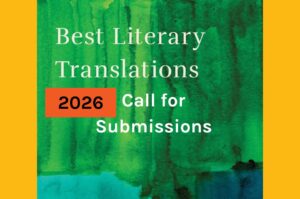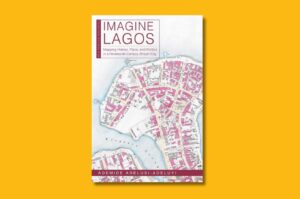Towering Kenyan critic Simon Gikandi, professor of English at Princeton, has been honored with the university’s Howard T. Behrman Award for Distinguished Achievement in the Humanities.
One of the most respected literary and postcolonial scholars globally, Professor Gikandi’s work focuses on the history of the novel with specialty in postcolonial literature from Africa, the Caribbean and India. He is the author of Reading the African Novel (1987); Reading Chinua Achebe (1991) in which he suggests metaphorically that Achebe might have invented African literature; Writing in Limbo: Modernism and Caribbean Literature (1992); Maps of Englishness: Writing Identity in the Culture of Colonialism (1996); Ngugi wa Thiong’o (2000); The Columbia Guide to East African Literatures in English Since World War II (2007); and most recently, the multi-awarded Slavery and the Culture of Taste (2011). One of his most famous books is The Cambridge History of African and Caribbean Literature which he co-edited with Abiola Irele. He is currently editing Vol. 11 of The Oxford History of the Novel in English: The Novel in Africa and the Atlantic World.
Gikandi has been with Princeton’s English faculty since 2004, and is further affiliated with the departments of African American Studies and Comparative Literature and the programs in African Studies and Urban Studies. This is not his first time of being honoured by Princeton. In 2014, he had received the university’s President’s Award for Distinguished Teaching.
Here is the official statement about the award published on Princeton’s Website.
In nominating Gikandi for the Behrman Award, a colleague wrote: “At the pinnacle of a career now entering its fourth decade and showing no signs of slowing down, Gikandi is without question one of the most respected and influential scholars of our era. Gikandi’s global perspective on the humanities has helped bring profound changes both to the profession and to Princeton.”
Gikandi also has brought transformations to the curriculum, notably through new undergraduate courses on “Global English,” “Modern Evil” and “Postcolonial Cities.” He taught the freshman seminars “Literature and Human Rights” and “Cross-Cultural Transformations of Tragedy,” and has taken students to Ghana for the PIIRS Global Seminar “African Cities: Their Pasts and Futures.” He also teaches a range of graduate-level courses and has mentored many Ph.D. candidates. In 2014, he was awarded the President’s Award for Distinguished Teaching from Princeton.
Noting Gikandi’s “bone-deep dedication to students,” a colleague added: “He trains not just students but faculty as well to better understand the diverse and rich world we live in, one that extends far beyond what many Princeton students enter knowing.”
Gikandi founded the African Humanities Colloquium, which sponsors an international conference hosted alternately at Princeton and in Africa. In 2009, he was named cultural ambassador for Africa Day by the government of Angola.
From 2011-16, Gikandi served as editor of PMLA, the journal of the Modern Language Association, and expanded publications focused on postcolonial and African authors. Last year, a forum was devoted to Gikandi’s legacy at the Annual Meeting of the African Studies Association. Gikandi has edited many publications and serves on numerous editorial as well as academic review boards. He received a Guggenheim Fellowship in 2001, among other honors.
Also honored with the award is fellow academic Philip Nord.
Congrats to Professor Gikandi! Brittle Paper wishes him longevity in his work.
Read this interview to see how his brilliant mind works.










COMMENTS -
Reader Interactions